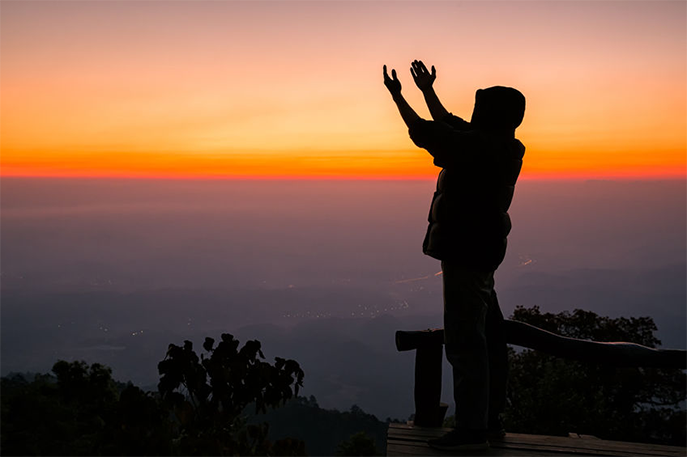

I was born in Czyzewo (in Yiddish טשיזשעווע Tchizheveh,) , in the Podlasie region of northeastern Poland, on October 10, 1926, My father, Moshe's, family had lived in the village for generations. My Mother Ciwia Fent was born in Warka a village outside Warsaw. Discrimination against the Jews continued under the independent Republic and intensified after 1935 under an increasingly fascistic regime and the influence of Nazi Germany. Bloody pogroms became more frequent; Jewish communities sank deeper into poverty. This was the atmosphere I grew up in and learned from. I was just short of my bar-mitzvah when the German invasion of Poland set off World War II. The German Air Force bombed the village on September 5, 1939, only four days after the invasion of Poland, destroying it almost completely. By my sixteenth birthday I had lost all my loved ones and faced a lethal environment alone. The Nazis had murdered my father, who was drafted into forced labor camp (around 1942) sent my mother to the Treblinka gas chamber,(sometime in 1942) and caused the disappearance of my two brothers Izachak and Zindel. Thus began a fearsome, solitary struggle to survive that caused me to take on an identity of an orphaned German-Russian peasant lad, Ivan Orlof. I was sent as a slave laborer to the estate of a Junker baron in Wormditt
I was transferred again to Neukirchen –to work as a shoeshine boy for Erik Burger commander of a Luftwaffe base (between 1943-1945). In the beginning of 1945 the German left the airbase and since I spoke Russian and German I won the role of interpreter for the Red Army.(1945-1946)
After the war I came back to Czyzewo, looking for survivors, just to find out that the Poles killed the few Jews that survived. I travelled to Germany Upon my arrival at the American Zone,in Berlin, I was assigned to Salzheim, near Frankfurt, a refugee camp for Jews from all over Europe. then I moved to Wolfratshausen, while living there I visited Fohrenwald, a DP camp near Munich, in search of a job. I found a job as a driver for Mrs. Greenwald from JDC, t I also met my first wife Genia Kozak, our wedding was held in Fohrenwald. Few month after we married, In 1947 Genia left with her family to the USA and I joined her in 1949.
In 1950 I enlisted to the American Army and during the Korea war I was sent to serve in Japan. Around 1955 I married my second wife, Jacki, and started my successful career in the international travel business.
During 1961 I opened an office in Tokyo and married my third wife, Barbara, with whom I have two children, Michael was born in 1963 , and my daughter Nina was born in 1965. Currently they live in Washington DC.
In 1966 We moved to a house I purchased in Malibu, CA.
In 1981 I divorced my third wife and in 1985 I married my fourth wife, Yona.
In 1989 my third son, Doron was born, then in 1994 I made Aliyah and we moved to Israel.
In 2000 I divorced once again and moved back to CA.
In 2005 I married my current wife, Anat, who encourage me to write this book and since then we live in Kfar Rosh Hanikra
“How did I do all that? How did I survive? Why did I survive?” I often asks myself today. One purpose of this book is to examine the personal characteristics and instincts, the particular circumstances and good fortune that allowed me to survive while millions Jews perished. As an adolescent without parents or a home, I had no option but to bring myself up on my own. I believe that my abilities to charm, think quickly and act decisively proved well suited to success in the dynamic post-war world, social life and travel. I was also suffered from restlessness, deeply frozen feelings and assertiveness, which made it difficult for me to sustain fulfilling love and family relationships.
Through this book I also want to deliver a message, that irreconcilable differences, fears, fighting, pain—and even murder—bear in themselves the seeds of human compassion, sharing, reconciliation and perhaps, even peace. As an adolescent whose life often depended on people I had every reason to fear and with whom I proved surprisingly able to form friendly relationships. I also found in myself a remarkable degree of mercy toward those whose evil acts had destroyed my family and my people.”



